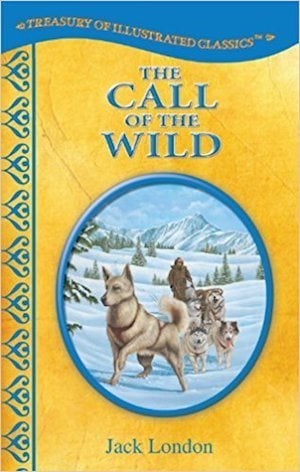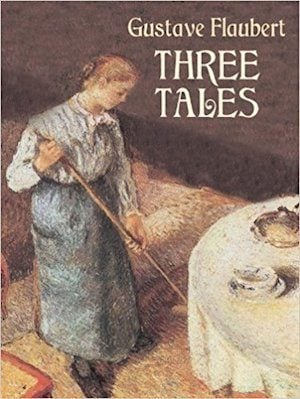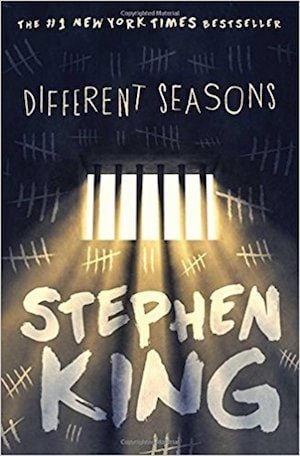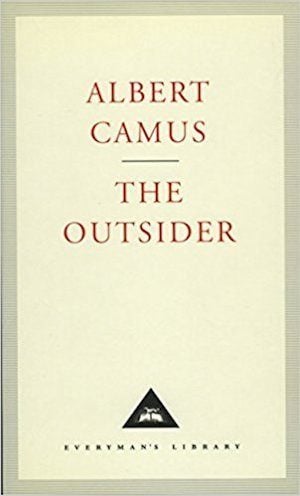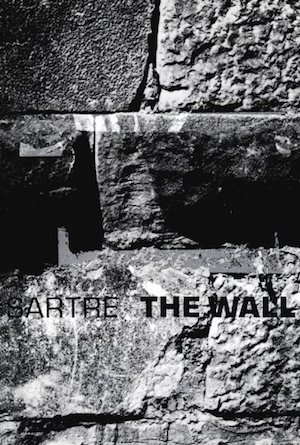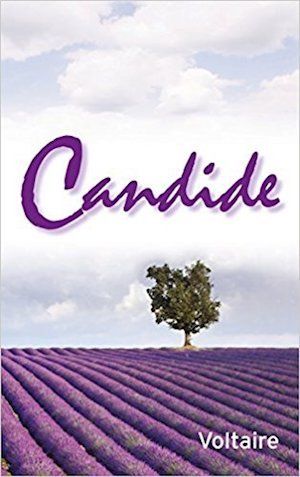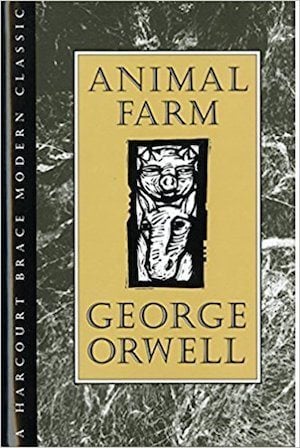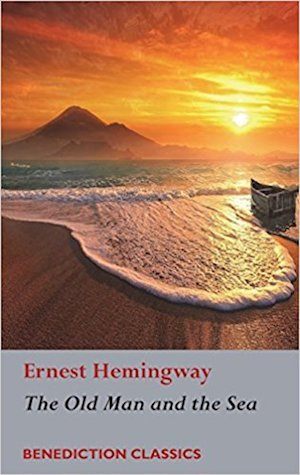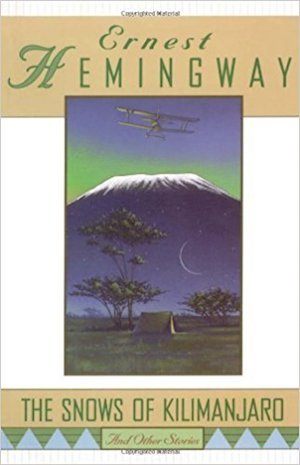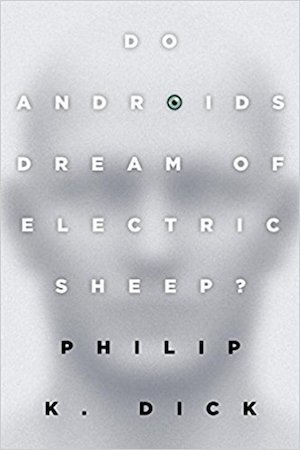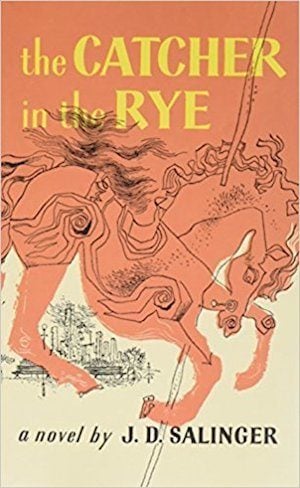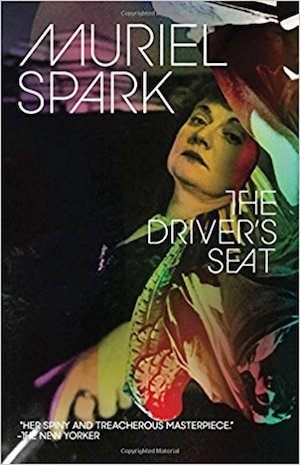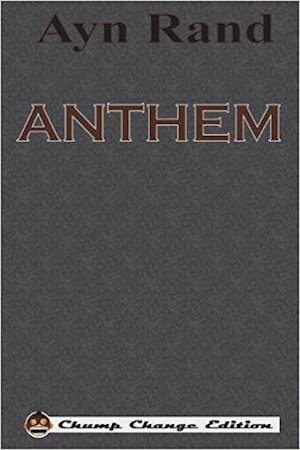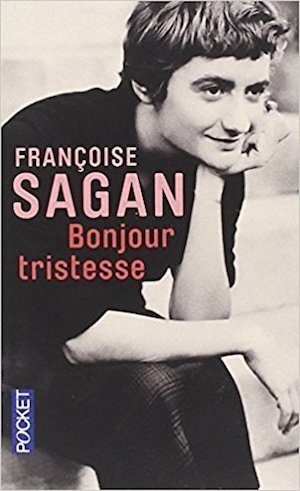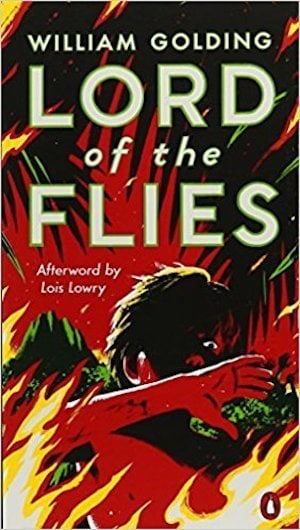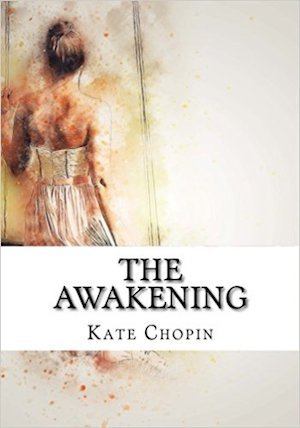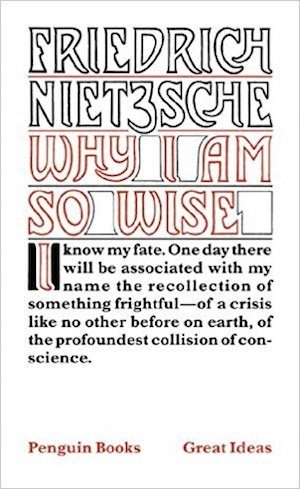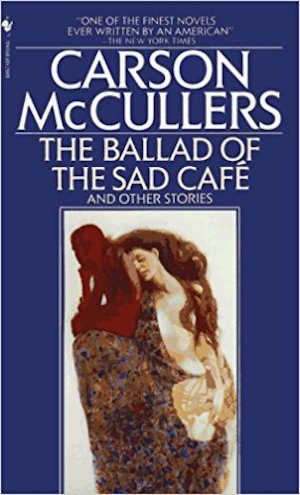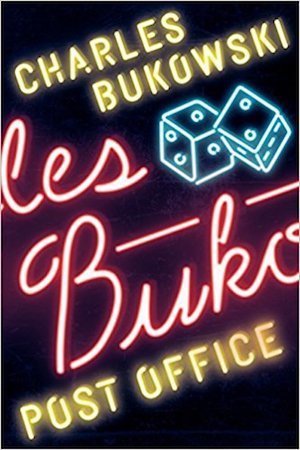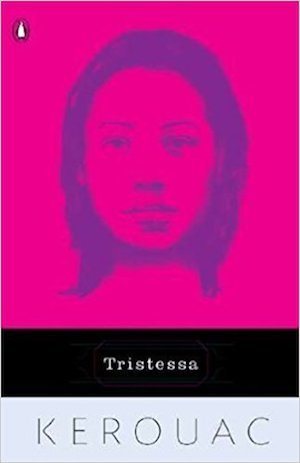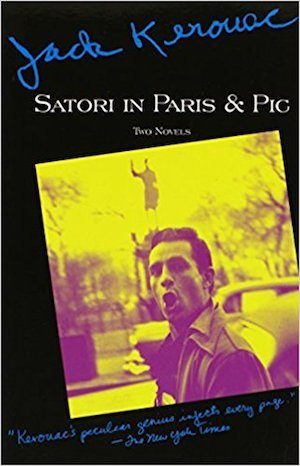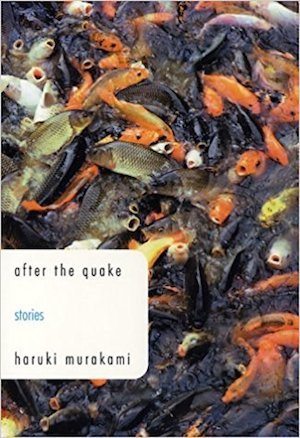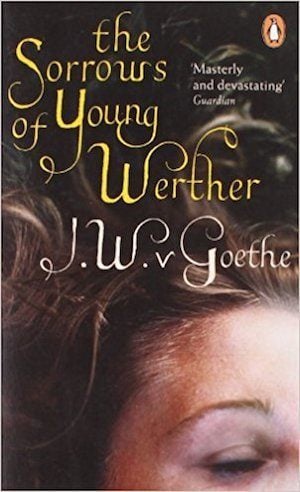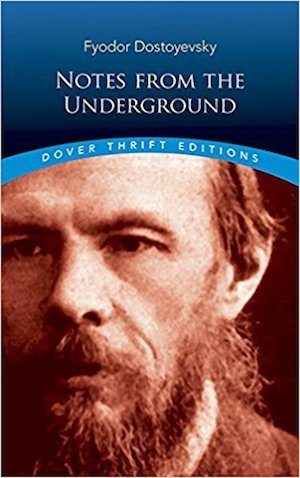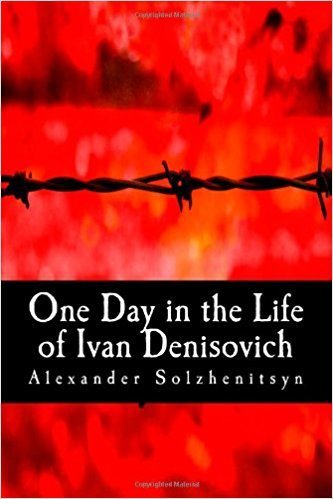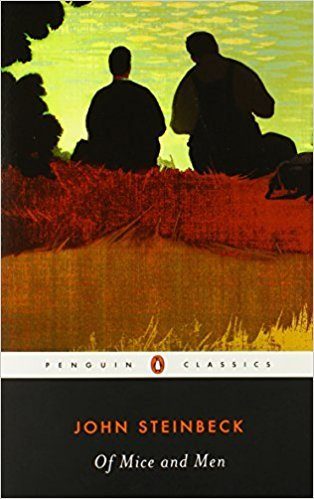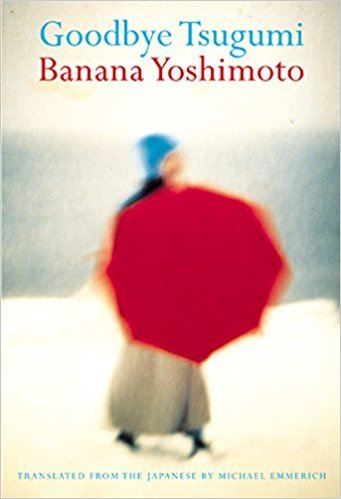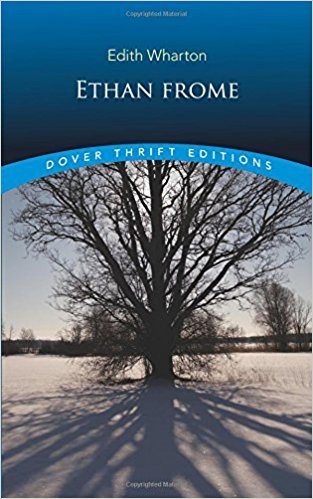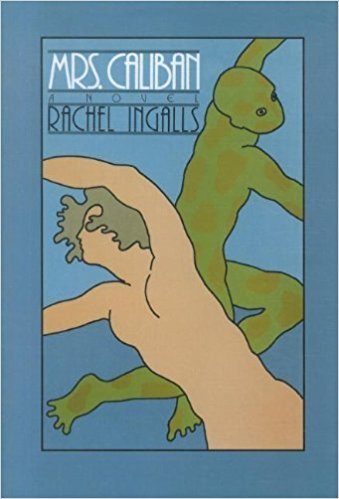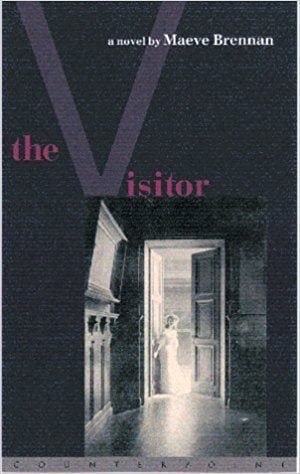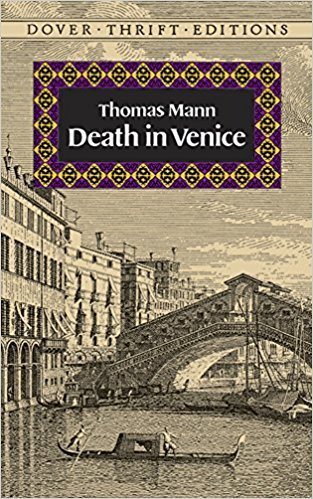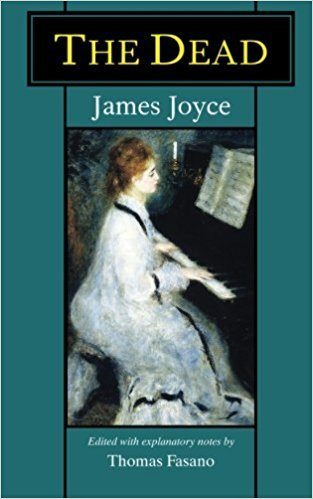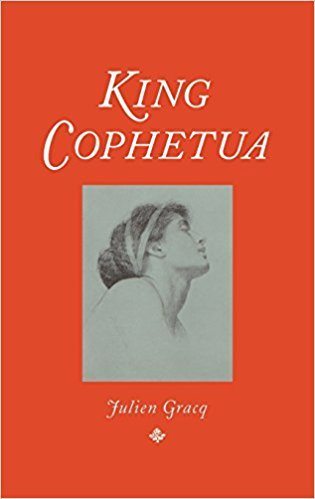If you lead a busy life, settling down to read a book may seem unfeasible. If you’re disappointed by this, yet keen to indulge in classic literature, you can find solace in the less demanding world of novellas.
This narrative form usually consists of around 80 to 150 pages. Despite their diminutive nature, novellas have amassed many classics. They demand far less time if you have a hectic lifestyle, enabling you to discover many brilliant new authors. The following are 35 such books anyone can find the time to read.
The Call of the Wild
by Jack London
London’s tale of primitive reawakening. Buck, a domesticated dog, grows increasingly wild after he is stolen from his owner. An exhilarating read.
Three Tales
by Gustave Flaubert
Flaubert’s sublime work consists of A Simple Heart, Saint Julian the Hospitalier, and Hérodia. They deal with themes of love and loneliness.
Different Seasons
by Stephen King
Four inspiring novellas from King make up Different Seasons. Two were adapted into the films Shawshank Redemption and Stand By Me.
Modern Classics Outsider
by Albert Camus
Also known as The Stranger, Camus’s classic portrays the life of Meursault. His refusal to behave according to society’s norms causes trouble, for which he is unrepentant.
The Wall
by Jean-Paul Sartre
The Wall is a gritty account of three POWs awaiting execution. The intense thoughts and feelings they struggle with make this a disturbing classic.
Candide
by Voltaire
Young Candide refutes his tutor’s claims about the world, leading to an astute satire mocking politics, science, religion, and philosophy.
Animal Farm
by George Orwell
Orwell’s legendary polemical allegory places the Soviet Union into a farm. It’s a gripping read, and is a regular staple in literary education.
The Old Man and the Sea
by Ernest Hemingway
Hemingway’s classic sees an old man take to the sea in search of a great catch. A stirring tale about adversity and the struggles of life.
The Snows of Kilimanjaro
by Ernest Hemingway
Ten of Hemingway’s emotive short stories form this memorable book. It’s classic Hemingway and belongs on everyone’s book shelf.
Do Androids Dream of Electric Sheep?
by Philip K. Dick
Themes of humanity and reality run throughout as protagonist Rick Deckard hunts down humanlike replicants. The film Blade Runner is loosely based on Dick’s novella.
The Catcher in the Rye
by J.D. Salinger
Notorious for unfortunate reasons, Salinger’s tale of angst-ridden Holden Caulfield has captured the attention of many teenagers.
The Driver’s Seat
by Muriel Spark
Scottish writer Spark’s “metaphysical shocker.” After 16 years in a tedious job, Lise heads off on a hedonistic, self-destructive holiday.
Anthem
by Ayn Rand
Rand’s striking, dystopian novel about a future world where individuality has been eliminated.
Bonjour Tristesse
by Françoise Sagan
Sagan became famous overnight with Bonjour Tristesse. It follows carefree, 17-year-old Cécile as she holidays with her father, but her uneven emotional state leads to tragedy.
Lord of the Flies
by William Golding
Golding’s enduring classic about school boys stranded on a desert island. Their attempts to govern themselves soon lead to anarchy.
The Awakening
by Kate Chopin
Published in 1899, Chopin’s short novel was ahead of its time in dealing with the topics of marital problems, adultery, and the role of women in society.
Why I Am So Wise
by Friedrich Nietzsche
Why I am So Wise is an insightful excerpt from Ecce Homo (Nietzsche’s last book). It’s a fascinating example of his genius.
Print | eBook
The Ballad of the Sad Café
by Carson McCullers
McCullers’s weirdly wonderful story of small-town life. It portrays a bizarre human triangle involving rampaging macho desire and female resolve.
Post Office
by Charles Bukowski
A hilarious account of Bukowski’s time at a post office. His wild antics may not be for everyone, but it’s a fine example of Beat Generation writing.
Tristessa
by Jack Kerouac
Kerouac fell in love with the novella’s eponymous Mexican girl in the ’50s, and his musings on her drug addiction are very moving.
Satori In Paris
by Jack Kerouac
Interested in Buddhism, Kerouac headed to Paris to research his family history (satori is the experience of kenshō – “seeing one’s true nature”). Distracted, what followed was high, drunken comedy.
After the Quake
by Haruki Murakami
Six stories from the famed Murakami. After the Quake considers the devastating Kobe earthquake of 1995, and how it transformed a nation.
The Sorrows of Young Werther
by Johann Wolfgang von Goethe
Goethe’s tragic masterpiece examines a young man balancing his artistic nature with the demands of the critical world.
Notes From the Underground
by Fyodor Dostoyevsky
One of only four novellas from the Russian great, Notes From the Underground is based around the musings of a disorderly, alienated individual
One Day in the Life of Ivan Denisovich
by Alexander Solzhenitsyn
Solzhenitsyn’s brutal account of a man in a Soviet labor camp shocked the world upon its release. Gritty, revelatory reading.
Of Mice and Men
by John Steinbeck
Steinbeck’s classic is the moving tale of two amiable men struggling for work in the Great Depression.
Goodbye Tsugumi
by Banana Yoshimoto
A reflective novel on strained childhood friendships in Japan. Yoshimoto uses the pen name Banana as she finds it “purposefully androgynous.”
Ethan Frome
by Edith Wharton
Wharton’s novella deals with a dreary domestic situation in New England. The arrival of lively Mattie shakes up the order, with conflicting results.
Mrs. Caliban
by Rachel Ingalls
A surreal love story by one of literature’s forgotten female writers. Here, a Californian housewife indulges in an affair with a small green monster.
The Visitor
by Maeve Brennan
A poignant tale focusing on Anastasia King, who returns to her grandmother’s house but finds herself estranged from her family.
Death in Venice
by Thomas Mann
Traveling writer Gustav von Aschenbach heads to Venice in search of spiritual fulfillment. He is led astray by primitive desires.
The Dead
by James Joyce
Irish novelist Joyce details a New Year’s Eve gathering in Dublin. An emotionally charged, brilliant account of family life unfolds.
King Cophetua
by Julien Gracq
Set in the French countryside of 1917 as World War I rages, Gracq’s beautiful tale displays all the anxieties of the time.
The Crying of Lot 49
by Thomas Pynchon
Pynchon’s innovative story of Oedipa Maas. She becomes snared in a global conspiracy, learning life lessons along the way.
The Invention of Morel
by Adolfo Bioy Casares
This suspenseful tale takes in seemingly impossible romances on an enigmatic island. It’s an inspiring consideration of exploration.

